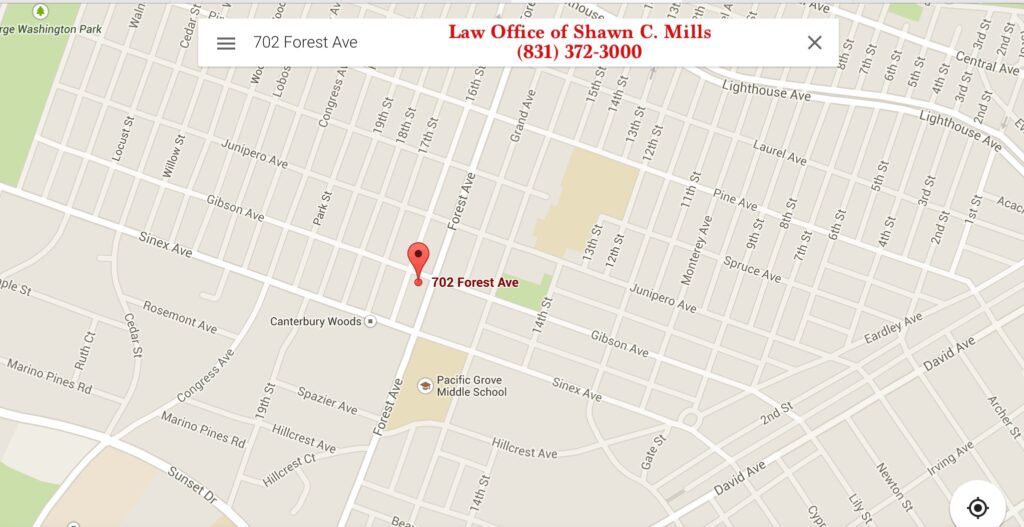
Who Can Arrest Me?
All law enforcement officers – such as police officers, county sheriff officers, investigators in a district attorney’s or an attorney general’s offices and highway patrol officers – can arrest you whether they are on or off duty, in most cases. A probation or parole officer also can arrest you. You can be arrested and taken into custody for drink and driving (DUI), assault, robbery, theft and property crimes. In many cases you will be eligible for bail.
They can arrest you – even if they do not have an arrest warrant – if they have probable cause or good reason to believe you committed a felony, such as armed robbery. (A felony is a crime of a more serious nature than a misdemeanor, usually punishable by imprisonment for more than a year.) They do not have to see you commit a felony in order to arrest you. They do, however, have to see you commit a misdemeanor in order to arrest you.

If you commit an infraction, instead of taking you into custody, they may ask to sign a citation or notice. This is a minor offense, such as a moving violation, where the punishment usually is a fine. If you sign the citation, you are not admitting guilt; you are only promising to appear in court. If you have no identification or refuse to sign, however, an officer may take you into custody.
Can Someone other then a Police Officer Arrest me?
Any person, such as a private security guard, can make a citizen’s arrest if they see a misdemeanor being attempted or committed. (A misdemeanor is a criminal offense, usually punishable with a fine or short jail term.) They also can make a legal arrest for a felony as long as it actually was committed and they have good reason to believe you did it. They must take you to a police officer or judge who is required by law to take you into custody.
When is an Arrest Warrant used?
Usually a warrant is required before you can be taken into custody in your home. But you can be arrested at home without a warrant if fast action is needed to prevent you from escaping, destroying evidence, endangering someone’s life or seriously damaging property.
The warrant must be signed by a magistrate or judge, who must have good reason to believe that you, whom the warrant names, committed a crime. If your name is unknown, “John Doe” can be used on the warrant – along with your description.
Once an arrest warrant is issued, any law enforcement officer in the state can arrest you – even if the officer does not have a copy of the warrant. Generally, there is no time limit on using a warrant to make an arrest.

Before entering your home, a law enforcement officer must knock and identify himself or herself and tell you that you are going to be arrested. If you refuse to open the door – or if there is another good reason – the officer can break in through a door or window.
If the police have an arrest warrant, you should be allowed to see it. If they don’t have the warrant with them, you should be allowed to see it as soon as practical.
The police may search the area within your reach. If you are arrested outdoors, they may not search your home or car.
Resisting an arrest or detention is a crime. If you resist arrest, you can be charged with a misdemeanor or felony in addition to the crime for which you are being arrested. If you resist, an officer can use force to overcome your resistance or prevent your escape. The officer can even use deadly force if appears you will use force to cause great bodily injury.
Monterey California criminal defense attorney. Professional criminal defense lawyer California. Best attorney for criminal charges for domestic violence, assault battery, theft, shoplifting, drug charges, drunk driving and much more in Monterey, Pacific Grove, Pebble Beach.
Call Us Today: A Monterey established criminal defense attorney.

Shawn C. Mills, Attorney at Law #189896
MONTEREY CRIMINAL DEFENSE SERVICES
702 Forest Avenue, Suite A
Pacific Grove, CA 93950
(831) 372-3000 or
(831) 521-Six-Two-Six-Five










